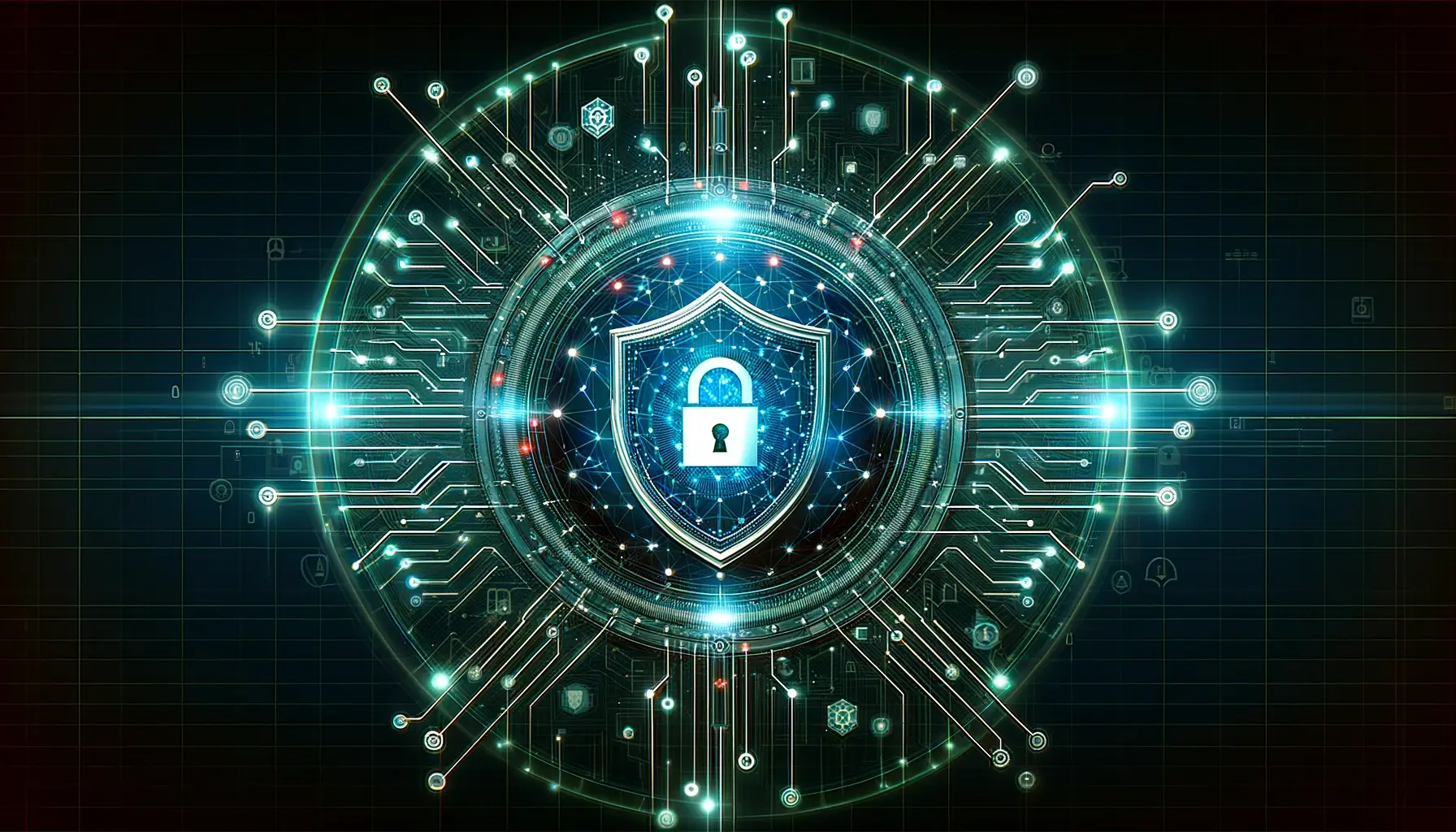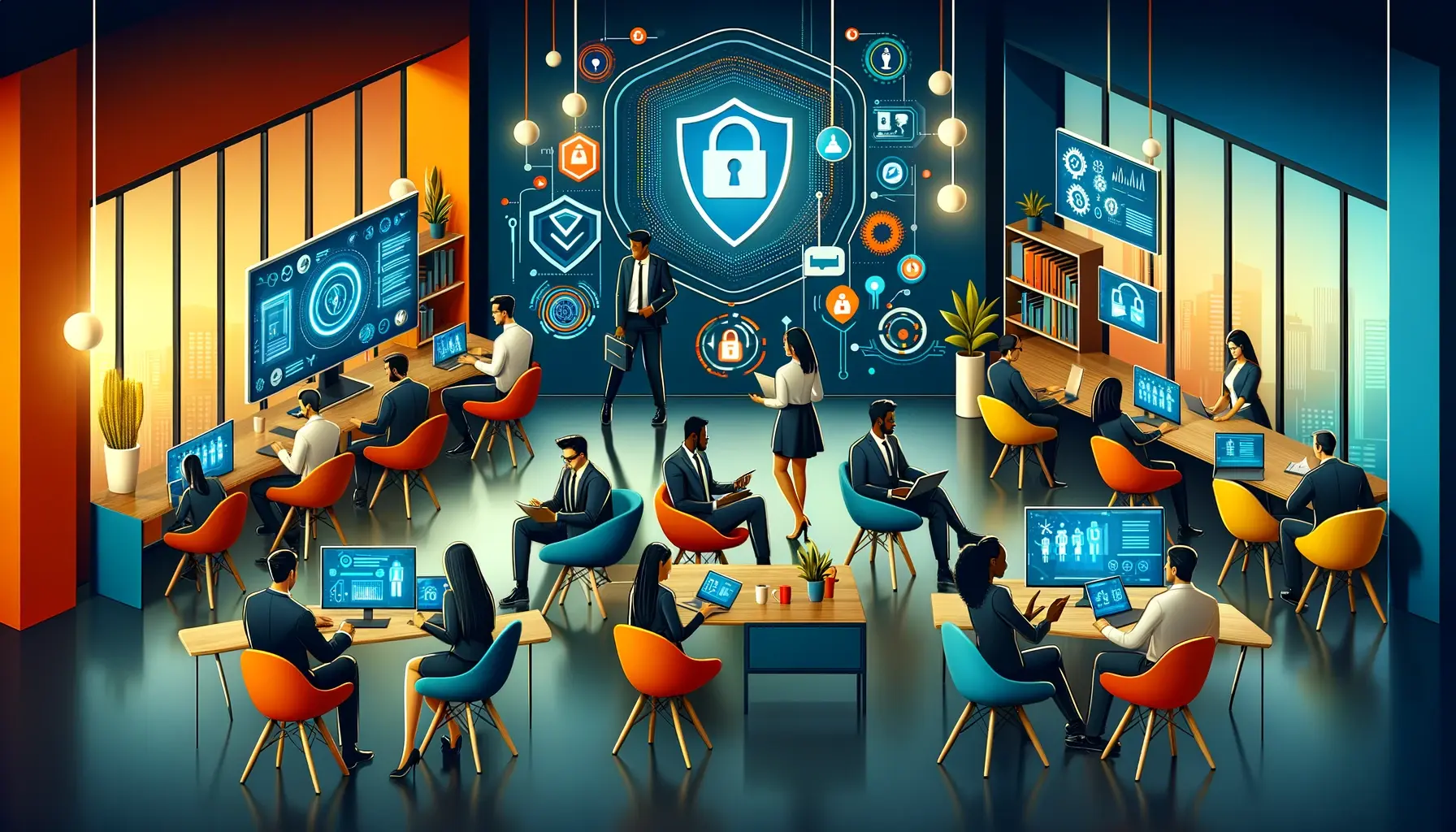3 min read
Secure your networks: Cybersecurity Framework essentials!
The Cybersecurity Framework: Safeguarding the Digital FrontierIntroduction:Cyber threats have become a major concern in our digitalized world, and...
3 min read
 The Amazing Team at Force One
:
Aug 7, 2024 10:00:00 AM
The Amazing Team at Force One
:
Aug 7, 2024 10:00:00 AM
In today's digital world, children are exposed to the internet from a young age. While the internet offers numerous educational and entertainment opportunities, it also presents various risks. Cybersecurity for kids is crucial to ensure their safety and well-being online. This article provides comprehensive tips to help parents and guardians keep their children safe in the digital world, focusing on its relevance in the USA.
Children may encounter various online risks, such as cyberbullying, exposure to inappropriate content, online predators, and identity theft. They might unknowingly download malware or become targets of phishing scams. Understanding these risks is the first step in protecting children online.
In the USA, children are highly engaged with digital technology, making online safety a significant concern. According to a report by the Pew Research Center, nearly 95% of teens have access to a smartphone, and 45% are online almost constantly. This high level of internet usage underscores the importance of implementing robust cybersecurity measures for kids.
Moreover, the USA has seen a rise in cyberbullying incidents and online predators, making it essential for parents to take proactive steps to protect their children. The availability of various resources, such as parental control tools and educational programs, supports these efforts.
Cybersecurity for kids is vital in ensuring their safety and well-being in the digital world. By educating them about online risks, using parental controls, encouraging strong passwords, and promoting safe online practices, parents can significantly reduce the chances of their children falling victim to cyber threats. For those looking to enhance their cybersecurity knowledge and skills, the Forceone Cybersecurity website offers the best online cybersecurity bootcamp in the USA, providing comprehensive training in various aspects of cybersecurity.
Q1: What are the most common online threats to children?
A1: Common online threats include cyberbullying, exposure to inappropriate content, online predators, identity theft, phishing scams, and malware.
Q2: How can parental controls help in keeping kids safe online?
A2: Parental controls can block inappropriate content, set screen time limits, monitor online interactions, and restrict access to certain websites and apps, helping to ensure a safer online experience for children.
Q3: What should I do if my child encounters a cyberbullying incident?
A3: Encourage your child to talk to you about the incident. Document the bullying, report it to the platform or app where it occurred, and if necessary, seek support from school officials or professional counselors.

3 min read
The Cybersecurity Framework: Safeguarding the Digital FrontierIntroduction:Cyber threats have become a major concern in our digitalized world, and...

3 min read

3 min read
Importance and Relevance of Cybersecurity Tools in the USAIntroduction:Cybersecurity has become a significant concern in today's digital age where...